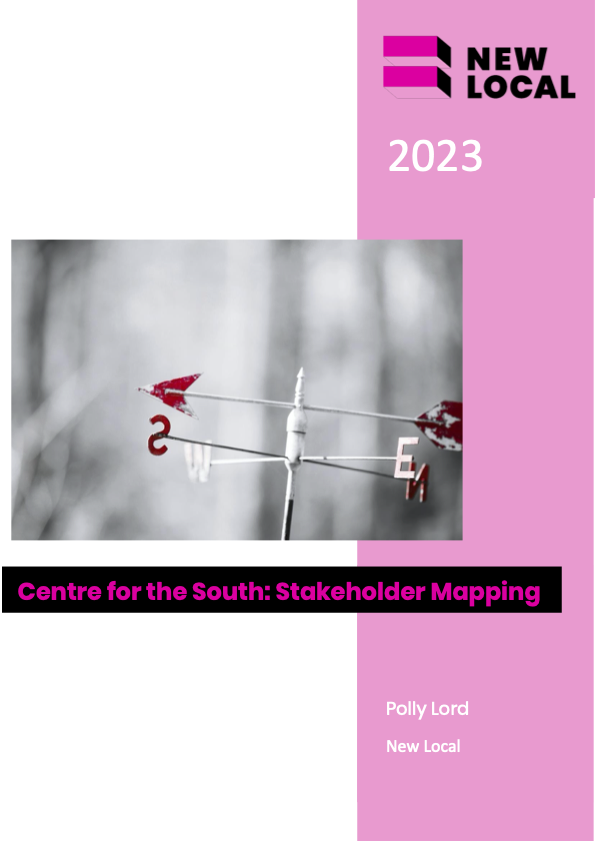The Building Back Britain Commission and Local Productivity Potential
In its inaugural report, the Building Back Britain Commission publishes new research into the drivers of productivity for every local authority in England, identifying the factors limiting economic potential and advocating a new approach of exploring place-based thinking. At Centre for the South, we work to stimulate more informed place-based decision-making to address our region’s most pressing challenges.
In its inaugural report, the Commission publishes new research into the drivers of productivity for every local authority in England. They have identified five pillars that can act as enablers or barriers to productivity, affecting people's lives, their working patterns and the places they reside. These are:
Health & Social Care
Education & Skills
Digital Infrastructure
Housing
Transport.
This report advocates a new approach to boosting productivity, by looking towards more localised, place-based enablers of leading healthy and productive lives, rather than the traditional focus on issues of skills, enterprise and competition policy, or capital inputs.
They find that a 1% increase across 146 local authorities with ‘high productivity potential’ can generate an additional £82 billion in gross value added for the UK economy over the next five years.
As well as helping policymakers to identify how to boost investment for growth across the country, this research shows where local authorities in England have the most mixed performances across these pillars. While they may be succeeding in some areas, others are holding them back from reaching their full potential. A healthy workforce can be stunted by poor digital infrastructure and vice versa; or a population with a potentially strong skills base or educational attainment record can lose out as people have to move elsewhere to find the right home.
These ‘middle-ground’ local authorities can stand to benefit from more immediate attention and interventions. This informs policymakers on the levers they can pull to achieve productivity gains in a fiscally realistic way.
The Commission will use this research as it phases into the next stage of its engagement, which will now focus on the policy recommendations that can support a strong and investment-led business environment needed for the economy to grow in every part of the UK.
Please see here for the full report, and here for the interactive map for the 'Productivity Potential Index'.
The Centre for the South itself has been tackling the important need for place-based thinking and knowledge exchange, and our Stakeholder Mapping report produced last year with New Local may provide valuable input to local reflection on these issues.
For example, the Productivity Potential Index found that, whilst Southampton is in the top quartile on average, it’s “Health and Social Care” pillar stands in the lowest quartile, aligning with stakeholder mapping findings indicating that health inequality is a key issue in the region.
The New Local report provides insight into some of the barriers facing local authorities in the central South in reaching full productivity potential through place-based targeting.



